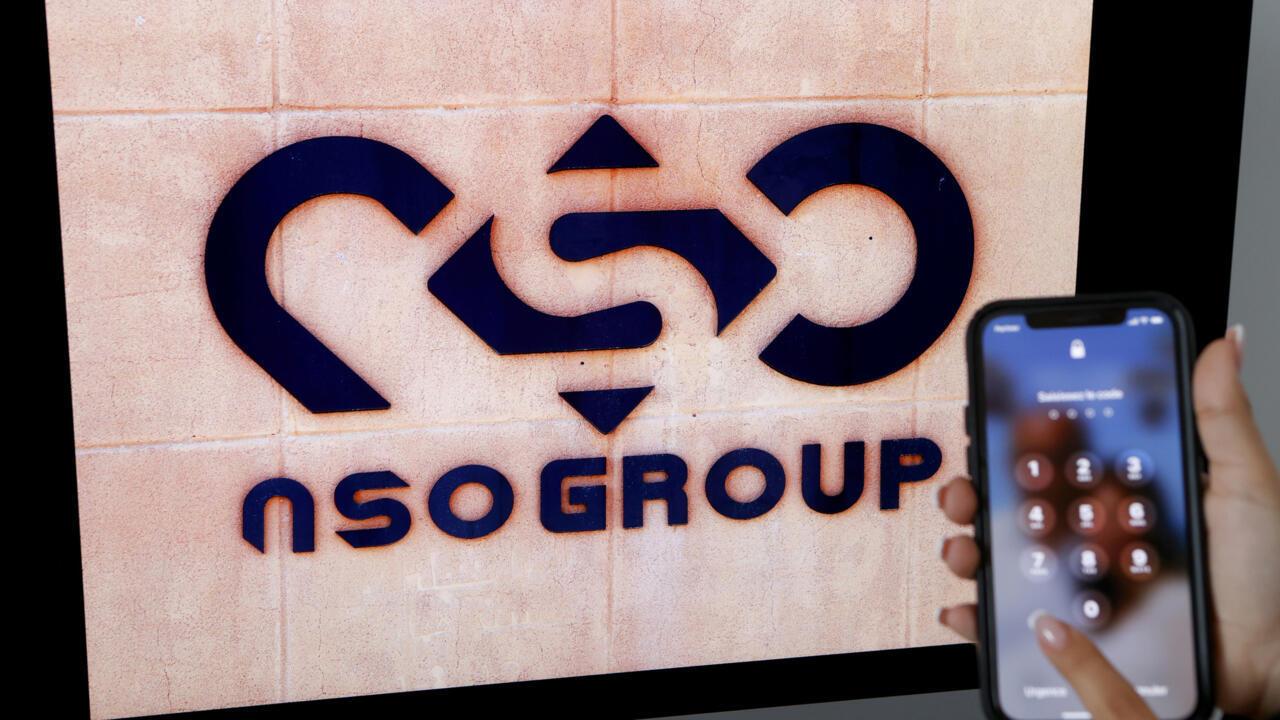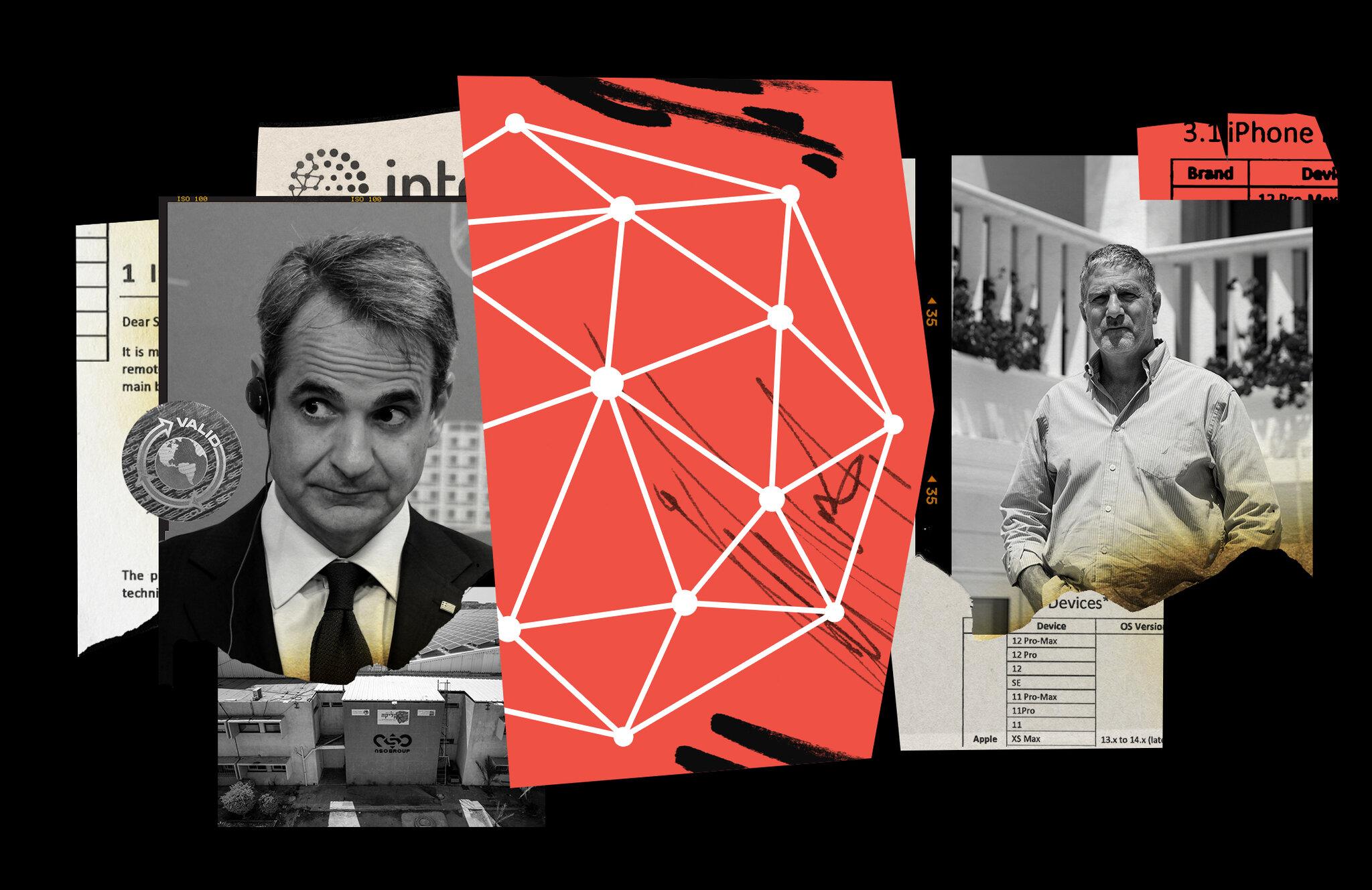



in a high-stakes showdown between technology giants, the Israeli spyware firm NSO Group finds itself in the crosshairs of legal retribution. Recently, a court ordered NSO to pay Meta and its messaging service WhatsApp nearly $170 million, a decision that underscores the ongoing tensions surrounding digital privacy and cybersecurity. As the dust settles on this landmark ruling, implications ripple through the tech and legal landscapes, raising pressing questions about the ethical boundaries of surveillance technology and the responsibilities of companies in safeguarding user data. This article delves into the intricacies of the case, exploring the ramifications for NSO, Meta, and the broader implications for the cybersecurity industry as a whole.
The recent ruling that mandates Israeli spyware firm NSO to pay Meta and WhatsApp nearly $170 million marks a pivotal moment in the ongoing confrontation between technology firms and cybersecurity enterprises. With this decision, the court has underscored the legal responsibilities that firms like NSO hold, especially in relation to user privacy and data protection. The outcome raises several critical questions about the future of cybersecurity ethics, including:
This case illuminates the broader implications for the tech landscape, as stakeholders grapple with the balance between national security interests and individual privacy rights. the financial penalty serves as a significant deterrent while concurrently calling attention to the scrutiny that such companies will face from both public and governmental watchdogs. The cybersecurity arena may be compelled to innovate in compliance with legal frameworks and ethical standards moving forward. A table summarizing potential future trends in cybersecurity may help illustrate the landscape reshaped by this landmark decision:
| Trend | Implication |
|---|---|
| Increased Regulation | tighter controls on data collection and usage. |
| Enhanced User Privacy | More robust privacy policies from tech companies. |
| Ethical Hacking Initiatives | Encouragement of ethical standards in cybersecurity practices. |

The monumental ruling against the Israeli spyware company NSO Group, requiring it to cough up nearly $170 million to tech giants Meta and WhatsApp, has sent shockwaves throughout the digital security landscape. This judgment not only serves as a hefty financial penalty but also sets a critical precedent that could substantially alter how governments and private entities approach the procurement and utilization of surveillance technologies. With implications echoing beyond the courtroom,this ruling underscores the growing global push for accountability within the surveillance industry and may compel other companies to reassess their business models and ethical guidelines.
The potential effects of this settlement go far beyond financial restitution. As industry stakeholders react, the renegotiation of contracts and practices may lead to several shifts in the realm of cybersecurity:

The recent ruling against NSO Group, requiring them to pay almost $170 million to Meta and WhatsApp, highlights a critical tension in modern governance—the intersection of national security efforts and individual privacy rights.By supplying governments with sophisticated spyware, NSO claimed to enhance security; however, the unintended consequences of weaponizing technology against civilians have raised profound ethical questions. This case illustrates a troubling reality where protecting a nation’s integrity can infringe upon the fundamental rights of its citizens, as demonstrated by numerous instances where surveillance tools have been exploited to suppress dissent and monitor private dialog unlawfully.
As societies grapple with these ethical dilemmas, it becomes vital to address the implications of such technologies.Key considerations include:
In-depth discussions surrounding these themes are crucial, especially given the potential for similar situations in the future.As institutions work to untangle the complexities surrounding national security and privacy,the enforcement of ethical standards in technology usage will play an indispensable role in preserving civil liberties while maintaining public safety.

To fortify safeguards against the misuse of spyware technologies, regulatory bodies must urgently adopt thorough frameworks that delineate clear boundaries for the growth and deployment of such tools. key strategies can include:
Additionally, enhancing legal recourse for victims of spyware misuse can empower individuals and organizations to seek justice. Policymakers should consider:
| strategy | Expected Outcome |
|---|---|
| Establishing Certification Processes | improved ethical compliance among developers |
| Mandatory Transparency | Greater public trust and accountability |
| International Cooperation | Unified global approach to cybersecurity |
In a significant legal ruling, Israeli spyware firm NSO has been mandated to pay Meta and WhatsApp nearly $170 million, marking a pivotal moment in the ongoing confrontation between technology and privacy. This case not only underscores the complexities arising from the intersection of cybersecurity and personal data protection but also serves as a stark reminder of the ethical dilemmas that tech companies face in the digital age. As the smoke clears from this high-stakes legal battle, the implications of the decision resonate far beyond the courtroom, prompting further discourse on the responsibilities of private enterprises in safeguarding user privacy. As we move forward, it will be crucial to watch how this case influences regulatory landscapes and corporate practices worldwide, shaping the future of digital communications and personal security. In a world where information is both powerful and vulnerable,the pursuit of balance between innovation and ethical accountability remains more essential than ever.